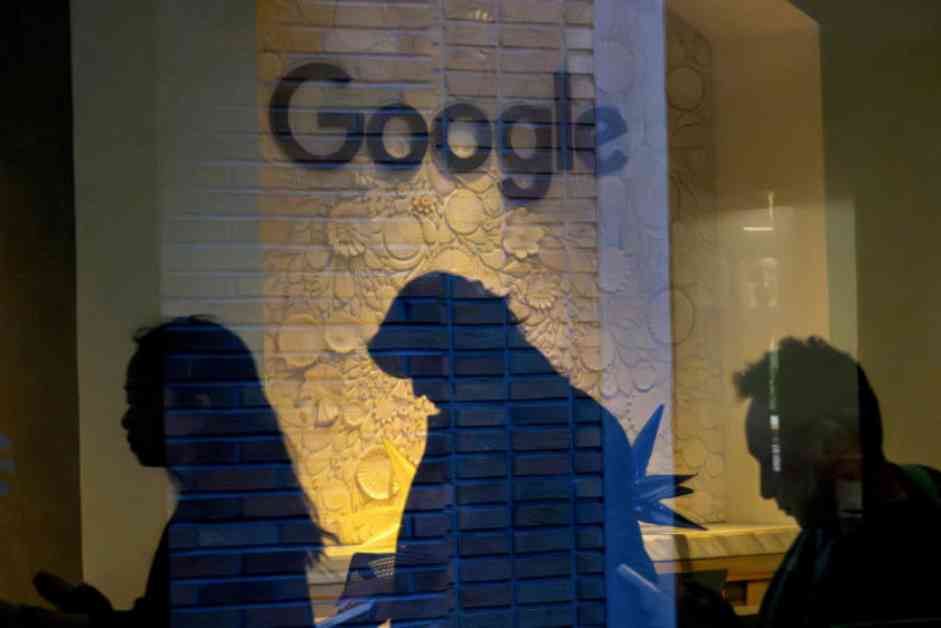Google just agreed to pay a whopping $1.4 billion to the state of Texas to settle two lawsuits that claimed the tech giant violated the privacy of residents. Apparently, Google was accused of tracking people’s locations and searches, as well as collecting their facial recognition data. The state’s attorney general, Ken Paxton, was the hero who secured this massive settlement. He filed the suits back in 2022 under Texas laws related to data privacy and deceptive trade practices. Fun fact: less than a year ago, he also managed to get Meta (the parent company of Facebook and Instagram) to cough up $1.4 billion for illegally tagging users’ faces on its platforms. Looks like being a tech giant isn’t always a walk in the park, huh?
You see, Google has been having a rough time lately with legal battles. They’ve lost quite a few antitrust cases over the past couple of years for having a monopoly on their app store, search engine, and advertising technology. And just when they thought it couldn’t get worse, they had to spend the last three weeks fighting off a request from the US government to break up their business. Tough luck, Google.
But hey, as Ken Paxton put it, “Big Tech is not above the law.” Amen to that, am I right? Google’s spokesperson, José Castañeda, mentioned that the company has already made some changes to its product policies. According to him, this settlement takes care of a bunch of old claims that have already been resolved elsewhere. Good for them, I guess.
Privacy issues have been causing quite a stir between tech giants and regulators lately. Since there’s no federal privacy law in place, states like Texas and Washington have taken matters into their own hands by passing laws to restrict the collection of biometric data like facial and voice recognition. Google and Meta have been front and center in facing the music under these laws. Texas has this cool law called Capture or Use of Biometric Identifier, which requires companies to ask for permission before using features like facial or voice recognition. And get this, the state can slap damages of up to $25,000 per violation. Ouch.
One of the lawsuits filed under this law focused on Google Photos, which allowed people to search for photos of a specific person. Then there’s Google’s Next camera, which could send alerts when it spotted familiar faces at a door. And let’s not forget about Google Assistant, the virtual assistant that could recognize up to six users’ voices. Paxton also filed another lawsuit accusing Google of tricking Texans by tracking their personal location data, even when they thought they had turned off that feature. Sneaky, sneaky. Oh, and he threw in a complaint about Google’s Incognito mode not being as private as they claimed. Talk about a double whammy.
So, all in all, Google had to shell out $1.4 billion to Texas to make these privacy lawsuits go away. It’s been quite the rollercoaster for the tech giant, but hey, that’s the price you pay for playing fast and loose with people’s privacy. Let’s hope they’ve learned their lesson this time.




















